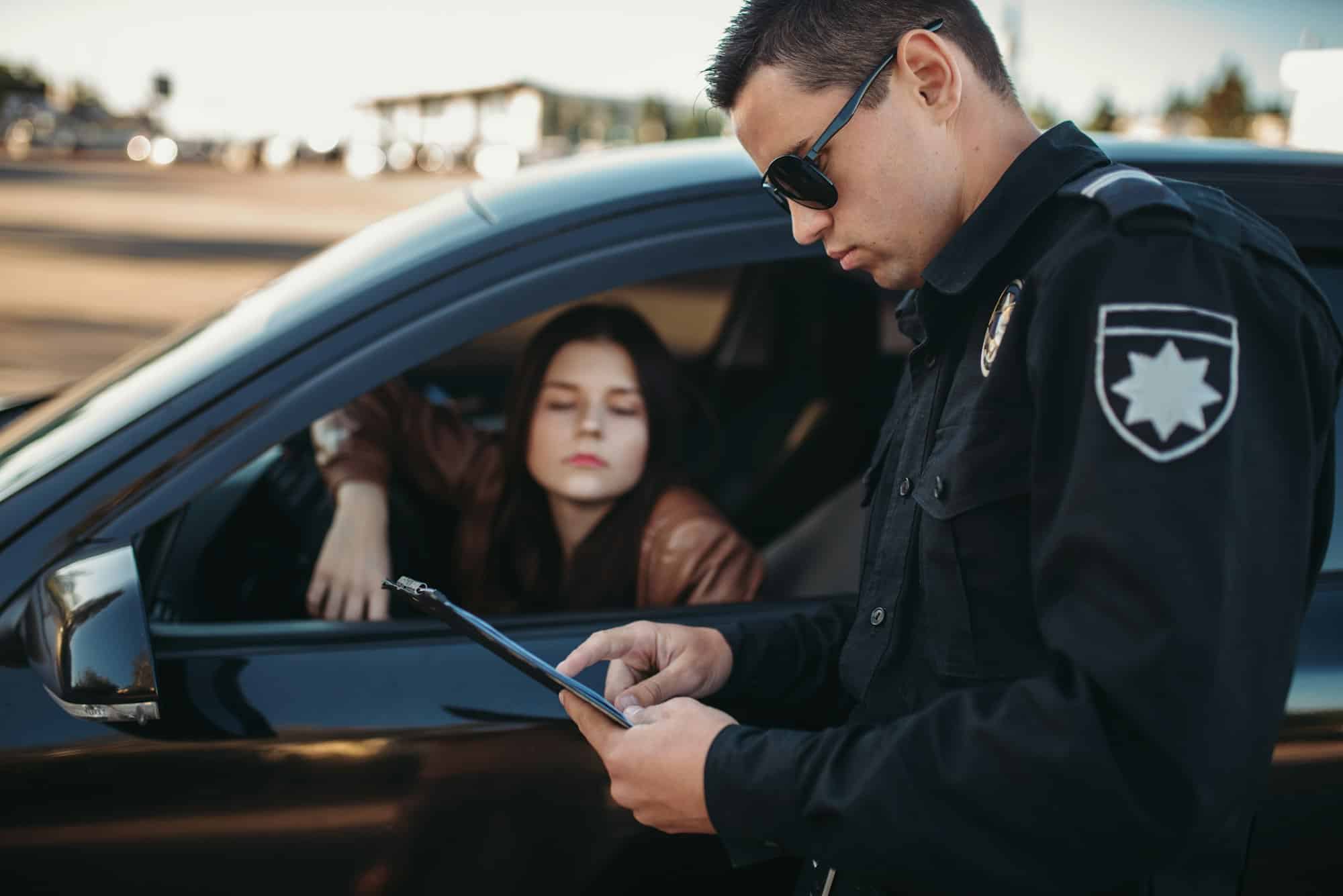Navigating the UK’s liquor licensing laws can seem daunting, especially when launching a virtual wine tasting business. However, understanding these regulations is crucial for your wine eCommerce venture to thrive legally and successfully. This comprehensive guide breaks down everything you need to know about selling alcohol online, ensuring your business is compliant while delivering an exceptional experience to your customers.
Understanding the Basics of Liquor Licensing in the UK
Before you can start your online wine business, you need to grasp the basics of liquor licensing. In the UK, alcohol sales are strictly regulated to ensure responsible consumption and public safety. Knowing which licenses are required and the conditions that come with them is essential for your business operations.
This might interest you : What detailed security measures should a UK-based cybersecurity firm implement?
Primarily, there are two types of licenses you will need: a Premises Licence and a Personal Licence. The Premises Licence permits the sale of alcohol at a specific location, whether that’s a brick-and-mortar store or your storage facility. On the other hand, the Personal Licence allows an individual to authorise alcohol sales at licensed premises.
To obtain these licences, you must apply to your local licensing authority and demonstrate that you comply with environmental health standards, among other criteria. The application process involves thorough background checks, so be prepared with all necessary documentation and personal data.
Topic to read : Unlocking potential: transformative ai coaching for teams
Remember, your virtual wine tasting events will still fall under these regulations. Even though sales happen online, the physical location where the wine is stored and shipped from must comply with all licensing requirements.
Setting Up Your Online Wine Store
Creating a successful online wine store requires more than just a website. You need to ensure that your eCommerce platform is user-friendly, secure, and compliant with data protection laws. Your website should efficiently facilitate sales, manage inventory, and provide a smooth shopping experience for customers.
Start by choosing a reliable eCommerce platform that offers strong security features. This will protect your customers’ personal data and ensure their privacy. Implement a clear privacy policy that outlines the data you collect, how it’s used, and your commitment to safeguarding user information.
Inventory management is another crucial aspect. Using an efficient system can help you keep track of your products, monitor stock levels, and manage shipping. Ensure that your site features comprehensive product descriptions, high-quality images, and detailed information about each wine’s origin, taste profile, and suggested pairings.
It’s also vital to incorporate an effective age verification system. This step is not only a legal necessity but also protects your business from potential fines and legal issues. There are various third-party solutions available that can seamlessly integrate with your website and ensure that only individuals of legal drinking age can purchase alcohol.
Legal Requirements for Shipping Alcohol
Shipping alcohol presents its own set of challenges and legal considerations. In the UK, shipping regulations for alcohol are stringent. You must comply with both national laws and the regulations of the destination country if you’re shipping internationally.
Firstly, when shipping alcohol, ensure that the shipping company you choose is licensed to handle alcoholic products. They should be familiar with the packaging and labelling requirements to prevent any issues during transit. Proper labelling is crucial as it informs couriers and authorities that the package contains alcohol, ensuring that it is handled with care and delivered responsibly.
Another important consideration is the storage conditions of your wine. Wine should be stored in a temperature-controlled environment to maintain its quality during shipping. Investing in proper packaging materials will protect the wine bottles from damage and temperature fluctuations, ensuring they arrive in perfect condition.
Moreover, shipping alcohol to customers also requires age verification upon delivery. Your delivery partner should be capable of checking IDs to confirm that the recipient is of legal drinking age. This step is essential to comply with legal requirements and avoid penalties.
Marketing Your Virtual Wine Tasting Business
Marketing your virtual wine tasting business effectively is key to attracting and retaining customers. Leveraging social media platforms and other digital marketing strategies can significantly boost your visibility and sales.
Begin by building a strong online presence. Create engaging content that highlights your unique products and wine tasting events. Use social media channels like Instagram, Facebook, and Twitter to connect with potential customers and share updates about new wine arrivals, special promotions, and upcoming virtual events.
Email marketing is another powerful tool. Collect email addresses through your website and send regular newsletters to keep your audience informed and engaged. Offer exclusive deals to your subscribers and promote membership in your wine club, where club members can receive special benefits and privileged access to limited edition wines.
Collaborate with influencers and bloggers in the wine industry to reach a broader audience. They can help you showcase your products to their followers, providing authentic reviews and recommendations that can drive sales.
Additionally, consider hosting live virtual wine tastings on platforms like Zoom or Facebook Live. These events can create a sense of community among your customers and provide a platform for real-time engagement. Encourage participants to share their experiences on social media using your event’s hashtag to amplify your brand’s reach.
Ensuring Compliance and Customer Satisfaction
Ensuring compliance with legal requirements and maintaining high levels of customer satisfaction are critical components of running a successful online wine business. Compliance is not just about meeting legal obligations; it also builds trust with your customers and enhances your brand’s reputation.
Regularly review and update your terms and conditions, privacy policy, and other legal documents to ensure they remain current and comprehensive. Your terms and conditions should clearly outline your policies on sales, returns, shipping, and age verification. This transparency helps manage customer expectations and reduces potential disputes.
Customer satisfaction goes beyond delivering quality products. Providing excellent customer service can significantly impact your business’s success. Respond promptly to customer inquiries, address any issues professionally, and go the extra mile to ensure a positive shopping experience. Happy customers are more likely to become repeat buyers and recommend your business to others.
Collecting and analysing customer feedback is also essential. Use surveys and reviews to gather insights into what your customers like and where you can improve. This data can inform your business strategies, helping you make informed decisions that enhance customer satisfaction and increase sales.
Finally, stay informed about changes in licensing laws and regulations. The legal landscape for selling alcohol can evolve, and staying compliant requires continuous learning and adaptation. Join industry associations, attend seminars, and network with other professionals to keep up with the latest developments.
Navigating the UK’s liquor licensing laws for a virtual wine tasting business requires a thorough understanding of legal requirements and a commitment to compliance. By securing the necessary licenses, setting up a robust online store, ensuring proper shipping practices, and implementing effective marketing strategies, you can build a successful and legally compliant wine eCommerce business.
Remember to focus on customer satisfaction and staying updated with legal changes to maintain a positive reputation and sustain growth in the competitive wine industry. With the right approach, your virtual wine tasting business can thrive, offering wine enthusiasts a unique and enjoyable experience.
























